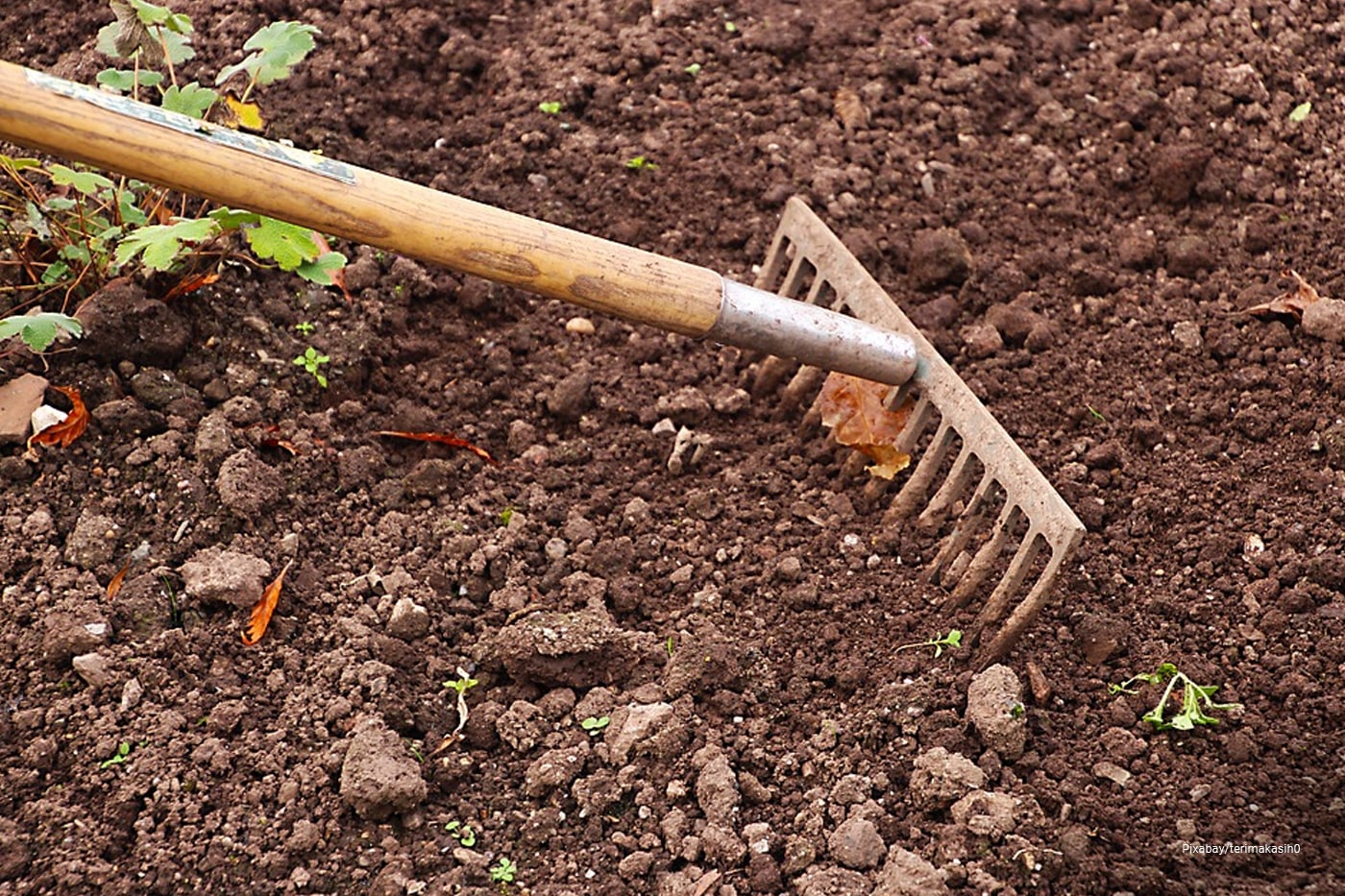As fall winds down and winter approaches, it’s essential to prepare your garden soil for the colder months ahead. Proper soil preparation before winter can improve its health and structure, ensuring a more productive growing season in the spring. Here are some tips to help improve your soil before winter sets in.
Contents []
Tips on Improving Soil Health and Structure Before Winter:

Because it improves soil health and fertility, preparing your garden soil for winter is crucial. Composting or adding manure are examples of actions that increase soil nitrogen and supply essential nutrients, which can result in higher plant growth in spring season. Applying a thin layer of mulch or straw to your garden beds will shield the soil from freezing temperatures and help stop erosion.
- Clear Out Debris
- Why: Old plants, weeds, and other debris can harbor pests, diseases, and fungi over the winter.
- How: Remove spent plants, fallen fruits, and weeds from the garden beds. Compost healthy plant material but dispose of any diseased plants to prevent the spread of infections next season.
- Soil Testing and Amendment
- Why: Understanding your soil’s nutrient levels helps you make necessary adjustments before winter.
- How: Perform a soil test to check pH and nutrient levels. Based on the results, you can amend the soil by adding lime to raise pH or sulfur to lower it. Adding compost, well-rotted manure, or organic fertilizers helps restore depleted nutrients.
- Add Organic Matter
- Why: Organic matter improves soil structure, enhances water retention, and provides nutrients.
- How: Incorporate compost, rotted manure, or leaf mold into the soil. Spread a layer of organic matter over the soil surface, and either dig it in or leave it to decompose naturally over the winter.
- Soil Aeration
- Why: Compacted soil reduces root growth and water infiltration. Aeration loosens the soil, allowing better air and water movement.
- How: Use a garden fork to gently loosen the soil, breaking up compacted areas without disrupting the soil’s structure. This is especially useful if your soil is heavy clay.
- Cover Crops (Green Manure)
- Why: Cover crops, also known as green manure, can improve soil structure, prevent erosion, and add nutrients.
- How: Plant cold-hardy cover crops like clover, winter rye, or vetch in the fall. These crops help prevent erosion, suppress weeds, and, when tilled into the soil in spring, add organic matter and nutrients like nitrogen.
- Mulching for Soil Protection
- Why: Mulching helps protect the soil from erosion, temperature fluctuations, and moisture loss during winter.
- How: Apply a 2-4 inch layer of organic mulch (such as straw, shredded leaves, or wood chips) over garden beds after cleaning and aerating. Mulch also breaks down over time, enriching the soil.
- Avoid Tilling in Late Fall
- Why: Excessive tilling can disrupt soil structure and lead to erosion, especially during winter rains and snow.
- How: Instead of deep tilling, gently loosen the soil surface with a fork or rake. This preserves beneficial organisms and prevents erosion, maintaining a stable soil structure.
- Add Compost or Leaf Mold
- Why: Compost and leaf mold help improve soil texture, fertility, and the ability to hold moisture.
- How: Spread a generous layer (about 2-3 inches) of compost or leaf mold over your soil, allowing it to slowly decompose and nourish the soil during winter.
- Water Deeply Before Freezing Temperatures
- Why: Watering deeply helps hydrate the soil before winter frost, making it less prone to freezing and cracking.
- How: Give the garden beds a deep watering, especially if fall has been dry. Moist soil retains heat longer and is less prone to damage from the freeze-thaw cycle.
- Avoid Leaving Bare Soil
- Why: Exposed soil can become compacted, lose nutrients, and erode over the winter.
- How: If you’re not using cover crops, cover bare soil with mulch, straw, or a layer of leaves to protect it from harsh winter weather.
Additional Benefit: Preparing Raised Beds for Winter

If you use raised beds. make sure they are free of debris, add organic matter, and cover them with mulch or a winter cover crop. This will shield the soil from drastic temperature changes.
These simple actions will help you greatly enhance the structure and health of your garden soil, laying the groundwork for a productive spring gardening season. Investing in winter soil preparation will pay dividends in the health of your garden the following year.



